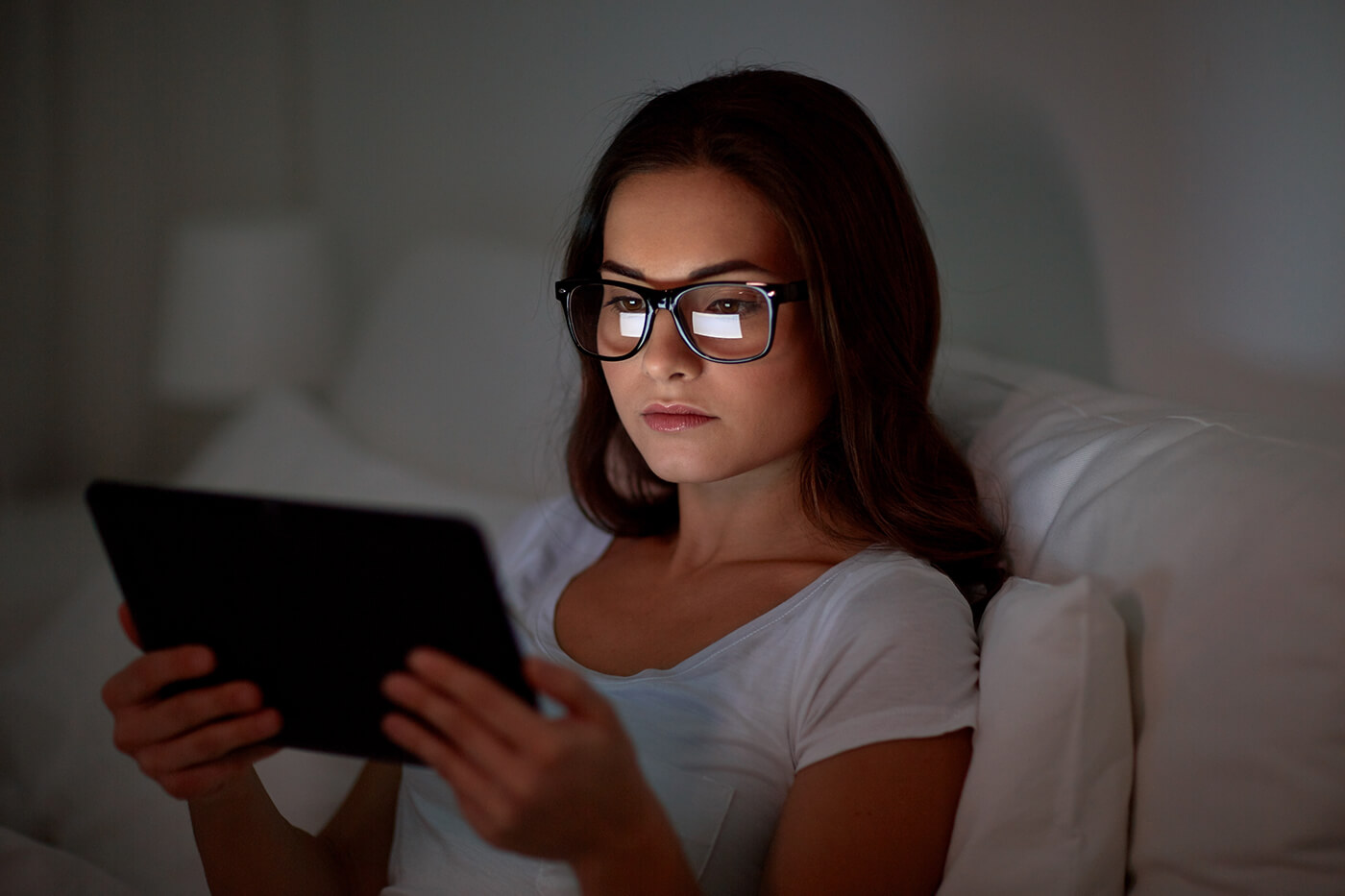Despite their surge in popularity, blue light-blocking glasses may not significantly alleviate eyestrain, enhance alertness, or improve sleep quality, as suggested by a meta-analysis of 17 studies published on Thursday.
These glasses, designed to shield the eyes from potentially harmful blue light emitted by screens, gained prominence in the early 2000s. Their popularity soared during the initial year of the pandemic.
Laura Downie, the lead author and an associate professor in optometry and vision sciences at the University of Melbourne in Australia, remarked, “There is still further research that needs to be done, but based on what we have, there is likely no advantage to using those glasses to reduce digital eyestrain.”
Blue light possesses a shorter wavelength than other visible light, and some experts are concerned that prolonged exposure could harm the eyes, particularly the retina. However, the actual impact of blue light on retinal damage in humans remains uncertain.
Downie’s research team examined 17 randomized controlled trials investigating the effects of blue light glasses on vision, eye health, and sleep quality. The outcomes were published in the Cochrane Database of Systematic Reviews.
Eyestrain Impact Of the studies reviewed, only three demonstrated a marginal effect of the glasses in reducing eyestrain. However, these studies were conducted over short durations and didn’t provide robust evidence supporting the effectiveness of blue-light blocking glasses in relieving screen-related eyestrain.
Mark Rosenfield, a professor of biological and vision sciences at SUNY College of Optometry in New York, noted, “There may be one or two limited studies, but they are few.”
The glasses’ limited efficacy can be attributed to two factors: screens emit minimal blue light, and the glasses themselves don’t effectively filter it. Blue light-filtering lenses typically block only 10% to 25% of blue light, and screens emit a negligible (0.4% to 4%) amount, explained Rosenfield.
Sleep Impact
The analysis also encompassed six studies on blue light-blocking glasses and sleep. However, much of this research focused on specific populations facing sleep challenges. While a few studies observed sleep benefits, these findings may not apply to the general public.
Exposure to blue light from screens at night might disrupt the body’s biological clock, which is affected by the sun’s cycles. Nonetheless, research on blue light’s effect on circadian rhythms has primarily been conducted on animals.
Dr. Bhanuprakash Kolla, a sleep medicine specialist at the Mayo Clinic, suggested that screen content and stimulation likely play a more significant role in sleep disruption than blue light.
Kolla recommended cultivating better sleep habits, such as maintaining a consistent sleep schedule and avoiding caffeine before bedtime. He also advised minimizing screen usage before bedtime.
To reduce eyestrain, Rosenfield advised maintaining a suitable distance from screens, around a foot and a half away. Downie recommended reducing glare from screen reflections and taking regular breaks for those working on computers.
Regarding blue light-blocking glasses, Rosenfield stated, “I don’t think there’s any harm, other than to your pocketbook, but I don’t think they’re doing any good, either.”



